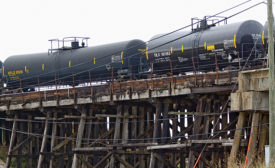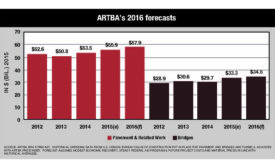News
Kiewit Awarded $559 Million Project NEON In Las Vegas
Winning bid beats runners up on cost and time for the 3.7 mile I-15 widening project that includes the downtown “spaghetti bowl” interchange
Read More
The latest news and information
#1 Source for Construction News, Data, Rankings, Analysis, and Commentary
JOIN ENR UNLIMITEDCopyright ©2024. All Rights Reserved BNP Media.
Design, CMS, Hosting & Web Development :: ePublishing






